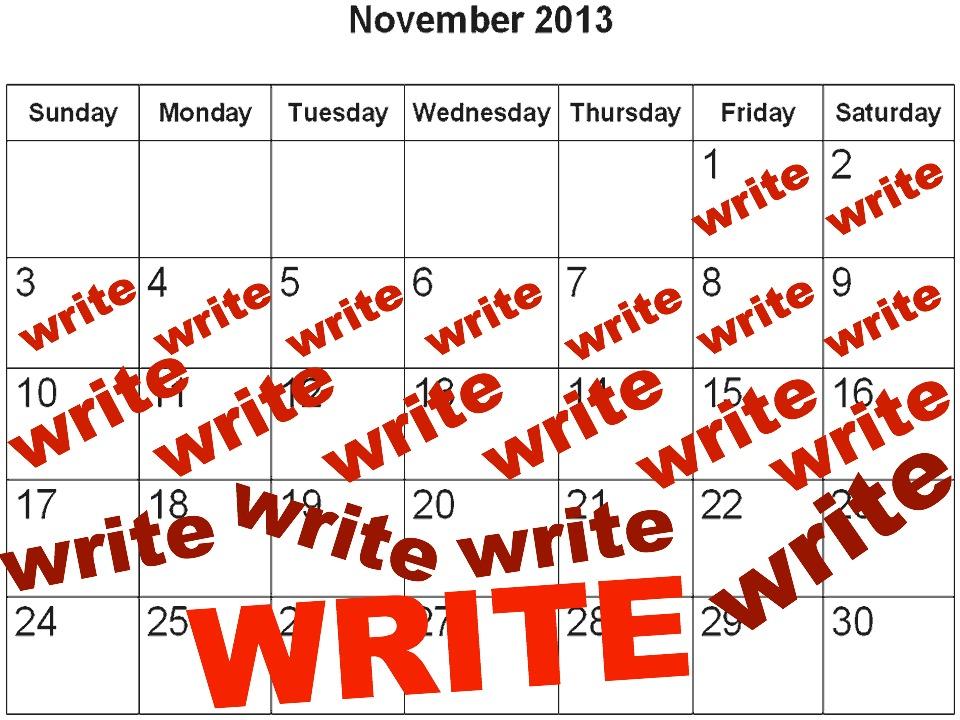For many, November is Turkey month, or the final stretch before Christmas holidays.
But for others, November is something else entirely.
November is National Novel Writing Month.
While the fall days dwindle and we huddle inside against chilly winter winds, thousands of participants (about 341,375 actually) worldwide attempt to write a 50,000-word novel of their own device in 30 days.
National Novel Writing Month (NaNoWriMo) is organized through a website where writers can track their word count, receive pep-talk emails from other authors, and connect with other participants.
Kerstin (Warner) Rao, the workshop teacher at Bedford Middle School, runs a club for students participating in NaNoWriMo,
“I’ve met a lot of lively and clever students,” Rao said. “It’s not necessarily the students who are superstars in Language Arts – it’s students who have something they want to say, in their own, ungraded voice.”
Rao’s club is not afraid to bend some of the NaNoWriMo rules; it holds to no strict word limit or structure.
“Students have written poetry, research on topics they are interested in, a series of short stories, and essays.”
And yet some Staples students, even in addition to their regular schoolwork, have committed to the challenge of 1,667 words a day.
“It takes a really special kid to do that, because who has time to succeed at Staples and write a novel?” English teacher Michael Fulton joked.
Sophia Corde ‘15 decided to take on the task this year after watching her older sister Phoebe Corde ’13 complete it two years in a row.
“She had a lot of fun because all her friends were doing it too so they all wrote together and helped each other,” Sophia recalls.
Corde admits that the challenge of balancing the extra writing with schoolwork intimidated her at first, but she quickly found inspiration.
“I really like writing because it’s like creating a whole new world in your head where you can do whatever you want,” Corde said. “The motivation is wanting to know what will happen next.”
Staples teachers alike have peaked an interest in the world of NaNoWriMo.
“I considered doing it, but I had to admit to myself that I didn’t have the time,” English teacher Daniel Palheiredo said.
Despite this, he commends the program.
“Lots of people like to think that they’re writers,” Palheriedo said. “But you’re not a writer until you start and finish something, and NaNoWriMo helps you to do that.”
Fellow English teacher Alex Miller regards similar benefits.
“As consumers of [novels], we lose sight of how hard it is to create them,” he said. “Having to admit that difficulty will make you appreciate them more.”
Indeed, it seems the satisfaction of completion is one of NaNoWriMo’s greatest attractions.
“It’s lovely to complete a goal,” Rao said. “And even lovelier when you can find, in that pile of words you frantically generated, a few nuggets that could be developed into more refined pieces in the future.”














































